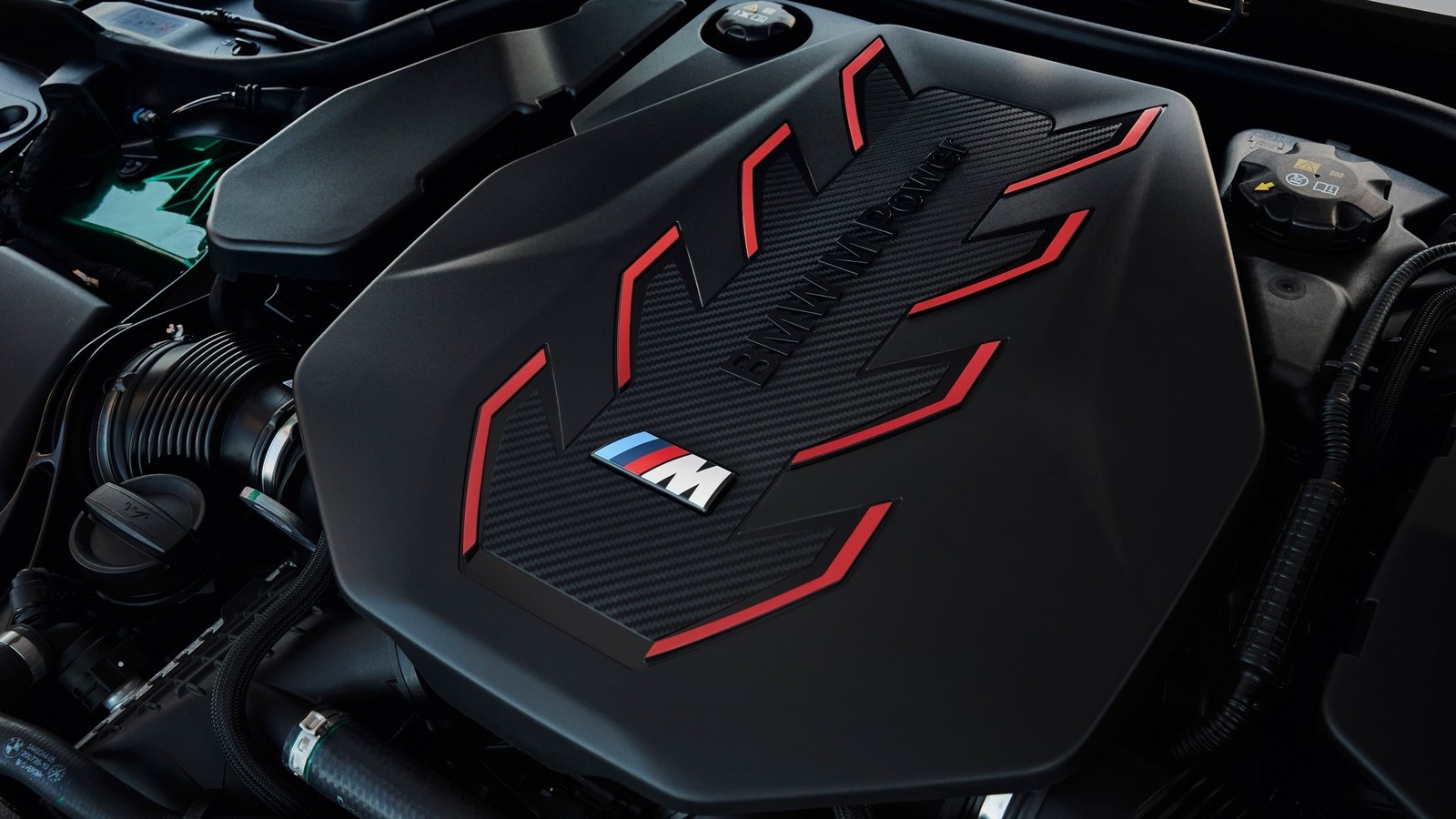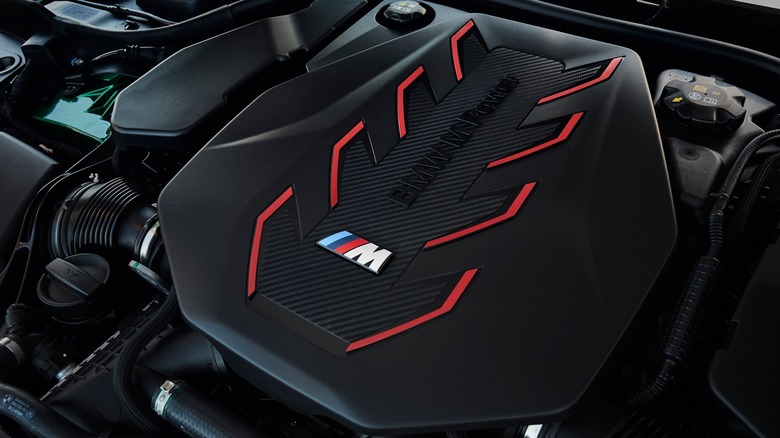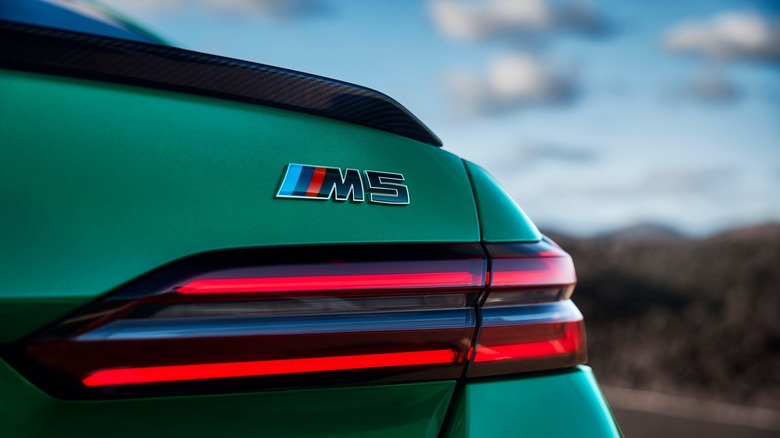BMW fans, you can breathe a sigh of relief. The German automaker says its high-performance M straight-six and V8 engines will live on past the introduction of tougher Euro 8 emissions regulations. As an added bonus, M’s boss says the motors aren’t going to lose any power. Oh, happy days.
M CEO Frank van Meel told Autocar while attending the Goodwood Festival of Speed that the challenge wasn’t really to make the engines EU7 compliant, but to “keep performance.” He didn’t really get into much detail about what BMW M did to the I6 and V8 to get this done, but he did tell the outlet that engineers made some “very interesting” tweaks to the motors that’ll be discussed later.
Here’s what else van Meel told Autocar at Goodwood:
“The whole story is about driving with lambda one [when the air-fuel ratio for combustion is perfectly matched] so you have to keep that, and there’s no cooling. Normally, if you are in high-performance situations, you cool using the fuel. With EU7, that’s impossible, so you need to find different ways of avoiding temperature build-up.
“The combustion process has to be improved in regards to heat build-up and also the cooling, and those are the challenges. Of course you can [reduce] performance to avoid this temperature increase, but you don’t want to – that’s where we started. The new balance of performance is that we drive lambda one, but we don’t want to lose performance.”
Even though emissions levels allowed for cars are uncharge from the current Euro 6e standards, they’re apparently going to be tested over a broader range of scenarios that are meant to better reflect real-world driving, according to Autocar. These cars must also remain compliant for 10 years or 124,000 miles — twice as long as the current standard.
The future of M
Other automakers like Mercedes-Benz have downsized their engines to meet emissions regulations — and no one has been a fan of that. BMW clearly sees people’s thoughts on a move like this, so when asked if the company was considering downsizing to three- or four-cylinder powerplants with increased electrification, van Meel simply said “No.”
He went on to tell Autocar that small engines like that cannot meet M’s “very specific mindset” for how it wants its high-performance cars to drive when it comes to torque delivery, rev ranges and the weight of its vehicles. He added that he “couldn’t imagine” putting a four-cylinder motor in an M5.
If only Mercedes-AMG had thought about these repercussions before putting a PHEV turbocharged four-popper under the hood of the C63. It could have saved everyone a lot of time and energy. Hell, even Mercedes knows it made the wrong choice. As we’ve previously reported, the automaker is ditching that little motor for straight-sixes and V8s in upcoming models.




